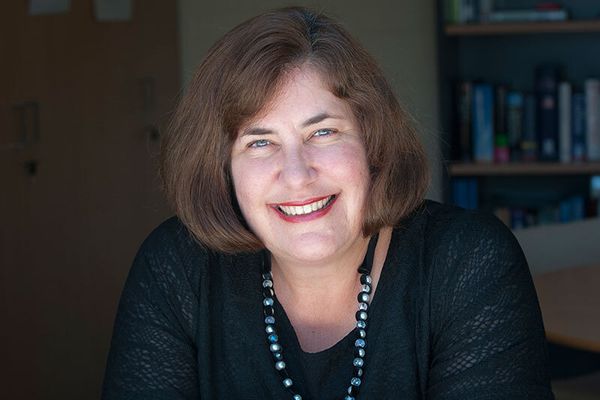Lighting a Fire for Learning
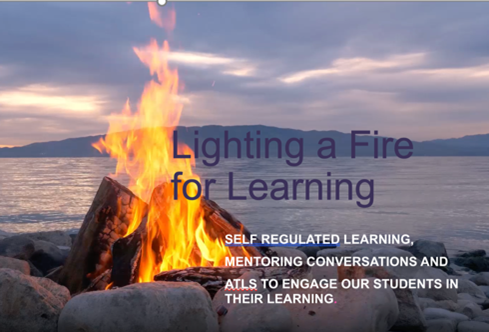
By Louise Wallace-Richards, Assistant Principal Teaching and Learning
Our recent Secondary School teacher professional-learning (PL) program was titled Lighting a Fire for Learning. We were fortunate to have external presenters, University of Canberra's Dr Shyam Barr and Powerful Partnerships Director Jodie Davey. The pair provided insights into how we can assist our students to become better learners by teaching them self-regulated learning (SRL) strategies and mentor them in interpreting and applying feedback.
During my presentation, I made links between our learnings in SRL over the past three years, the introduction of our Approaches to Learning (ATLs) in 2022 as a result of the College Reporting Review, and our learnings about effective mentor conversations in Mentor Groups and subject classes during 2022. These three initiatives of the Secondary School work together to help teachers ensure students understand how they are learning and what else they need to improve.
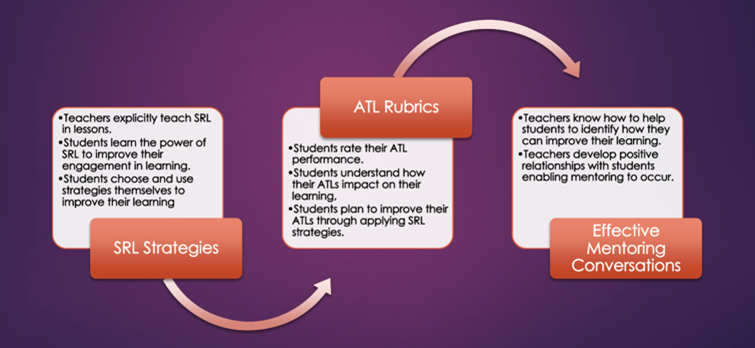
A plan for improvement for a student could involve the typical strategies of putting more time into preparing for a task and going to the Homework Hub, but it should also involve a more personalised approach in which the student has feedback from their teachers about how they are approaching their learning and access to a toolbox of strategies to address their learning needs. This toolbox of strategies could include creating a timeline to get a task done, finding ways to avoid distractions, self-talk strategies to improve self-efficacy, and so on.
Through our work with Dr Barr, teachers have been adding to the toolbox of SRL strategies they have to teach students to improve their learning. This has been essential because, as I stated to our teachers during the PL day: To assist our students to learn we need to teach the content and skills of our discipline areas and self-regulated learning strategies. Without SRL, students are less likely to know how to learn effectively and improve in their learning.
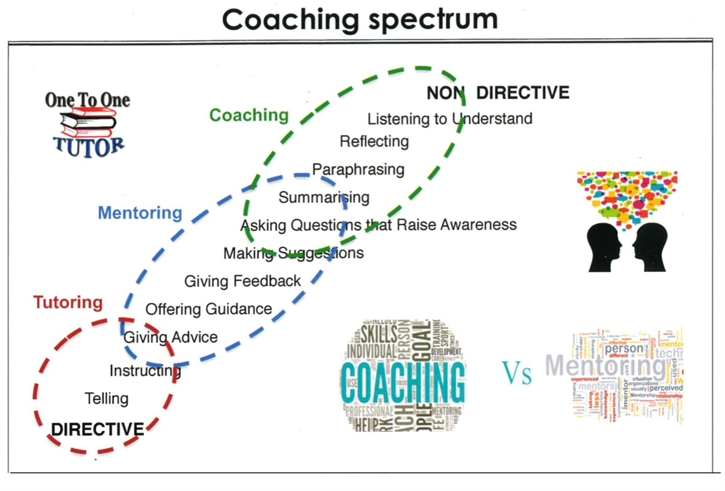
To help our teachers have effective mentoring conversations, we have also learnt more about the coaching spectrum, how to use this to help our students think about their approaches to learning and prompt them to consider what skills they could employ to improve.
The key element is trust; this must be built if any conversation is going be successful when talking with students about improving their learning habits. One way to develop this trust is for the student to feel that the teacher believes they can improve. Jodie Davey spoke to us in January about the sorts of questions we can ask to help develop this belief. We need to have “powerful questions” and questions that “leverage their strengths” (Jodie Davey, Powerful Mentoring Conversations, Radford College, January 2023). Jodie’s “positive-beats-negative” questions particularly resonated with me. These questions help students who are feeling a real lack of self-efficacy:
- What has worked since the last time we met?
- What’s been the highlight for you from the past week?
- What is the most interesting thing that has happened since we last met?
Jodie also identified the need for teachers/mentors to help students intentionally celebrate wins and that no problem happens all the time, meaning that we need to ask questions to help the student identify what is happening when the problem doesn’t occur, e.g. When does success happen? (Jodie Davey, Powerful Mentoring Conversations, Radford College, January 2023).
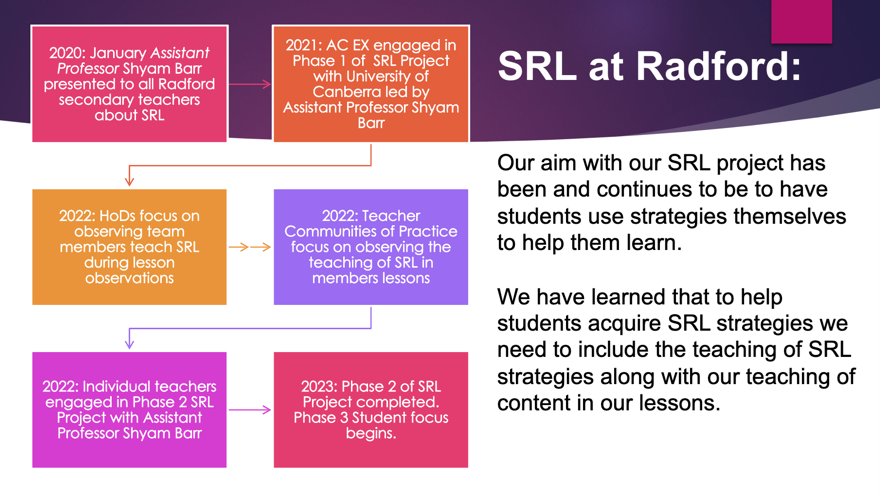
As a parent/carer, you might want to try these questions with your child next time the conversation about how they are progressing at school gets bogged down in the negatives and you are struggling to help them to see that everything is not a disaster just because they didn't do as well in their test as they hoped to.
We are continually working in the Secondary School to build our knowledge about how to equip students with the skills to improve their learning. Our SRL learning with Dr Barr has formed the basis of all our work with our mentoring conversations in our subject classrooms and our reporting on ATLs. We are coming to the end of our research project with our teacher learning this semester and will be moving into our student phase. Dr Barr and I are currently planning this final phase, which will involve the development of a heat map to show the impact of our teaching of SRL to students and students implementing this learning themselves. I look forward to seeing this impact and using the data from this phase to plan the future of SRL at Radford College.
